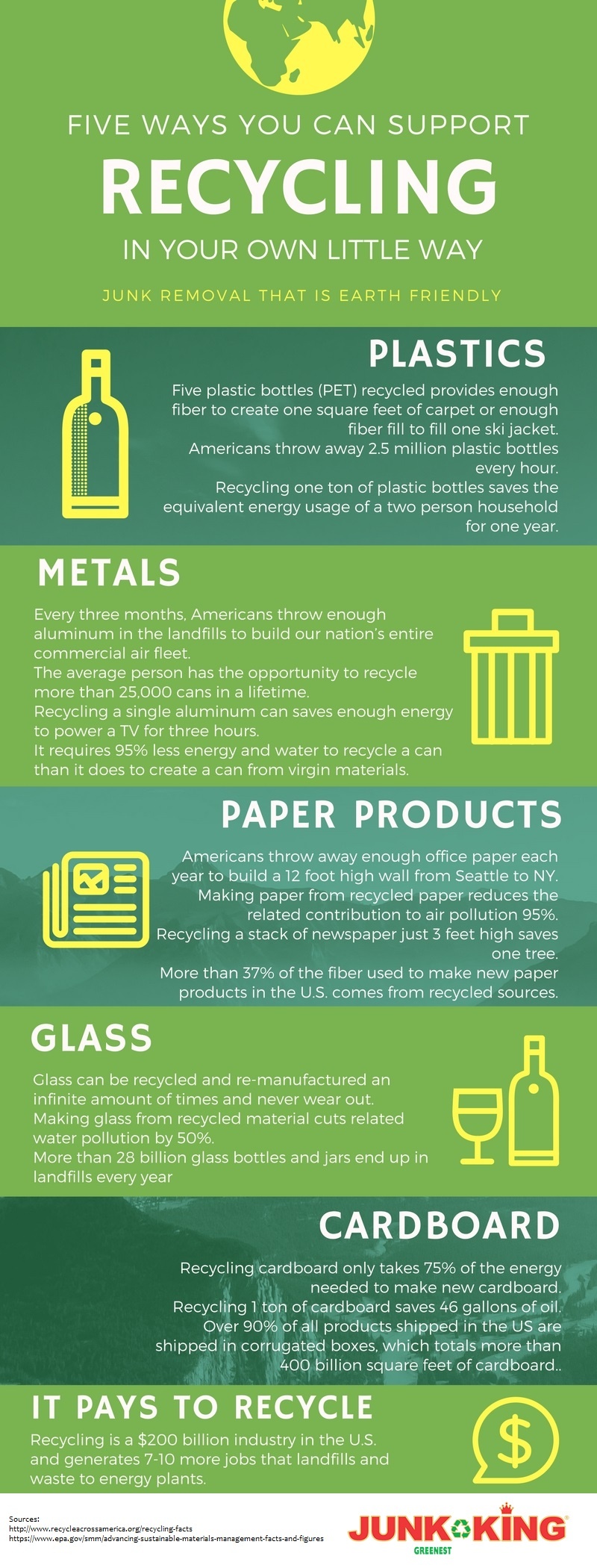The Improvement Of Dumpster Rental: An Examination Of Its Background, Current State, And Future Prospects
The Improvement Of Dumpster Rental: An Examination Of Its Background, Current State, And Future Prospects
Blog Article
Produced By-Jamison Schwarz
As you ponder the advancement of dumpster service, consider how each era has added to shaping the waste management landscape we browse today. From simple beginnings in the 1930s to the innovative modern technologies of the here and now, the trip of dumpster rental has been noted by advancement and adjustment. But what pushes the horizon for this necessary solution? The future trends in lasting methods hold the trick to opening an extra effective and eco-conscious strategy to squander monitoring. Stay tuned to uncover how the dumpster leasing industry is positioned to accept a greener tomorrow.
Historic Origins of Dumpster Rental
Check out the beginnings of dumpster rental and just how it has formed waste management methods in time.
Dumpster rental traces back to the 1930s when George Roby Dempster, a Tennessee entrepreneur, developed the Dempster-Dumpster. This essential creation changed waste disposal by giving an assigned container for accumulating and moving garbage efficiently. Initially used for building sites, the idea promptly expanded to residential and industrial settings, bring about the establishment of the first dumpster rental services in the 1960s.
Over the years, dumpster leasing has significantly influenced waste management methods by promoting ease, sustainability, and company. Read the Full Report to streamline waste in committed containers enhances collection processes, reduces littering, and improves recycling efforts. Additionally, dumpster service motivates individuals and services to embrace liable waste disposal behaviors, contributing to cleaner settings and lowered eco-friendly influence.
Modern Innovations in Waste Monitoring
Integrating sophisticated technologies and sustainable methods has actually reinvented waste administration in recent years, enhancing efficiency and ecological influence. One substantial advancement is using clever waste administration systems that use sensors to keep an eye on waste degrees in real-time, optimizing collection routes and routines. These systems help in reducing unneeded pick-ups, reducing fuel intake and emissions.
One more modern-day development is the application of waste-to-energy centers, where non-recyclable waste is converted into energy via processes like incineration or anaerobic digestion. This not only decreases the quantity of waste predestined for garbage dumps yet likewise produces renewable energy.
In addition, the intro of single-stream recycling has streamlined the reusing process for consumers, bring about higher involvement rates and increased diversion from landfills. Furthermore, advancements in composting innovations have made natural waste monitoring a lot more reliable, turning food scraps and lawn waste right into valuable compost for agricultural usage.
Anticipated Trends in Sustainable Practices
Lasting waste management techniques are developing swiftly to meet the increasing demands for ecological obligation and source efficiency. As you want to the future, numerous key patterns are expected to form the industry. One major emphasis will be on minimizing waste generation with far better item layout and packaging. Business will significantly embrace round economic climate concepts, aiming to reduce waste and take full advantage of the life-span of products.
read review to expect is the rise of innovative recycling technologies. Developments in chemical recycling and pyrolysis are expected to use brand-new options for taking care of facility or polluted waste streams that conventional recycling methods battle to process successfully. These modern technologies have the possible to change how we take care of waste, transforming difficult-to-recycle materials right into beneficial resources.
In addition, anticipate to see a better focus on natural waste diversion. Composting programs and anaerobic food digestion facilities will certainly end up being extra widespread as areas make every effort to lower the amount of organic matter sent to garbage dumps. By investing in these sustainable methods, we can move towards a more round and resource-efficient waste management system.
Final thought
Finally, dumpster service has come a long way since its beginning in the 1930s. From its modest beginnings on building and construction sites to its prevalent use in domestic and business setups, the market has continually developed to meet the changing demands of waste management.
With the intro of contemporary technologies and a concentrate on lasting practices, the future of dumpster rental looks encouraging, with a solid emphasis on performance, environmental duty, and innovation.
